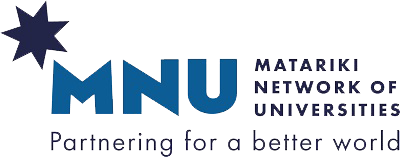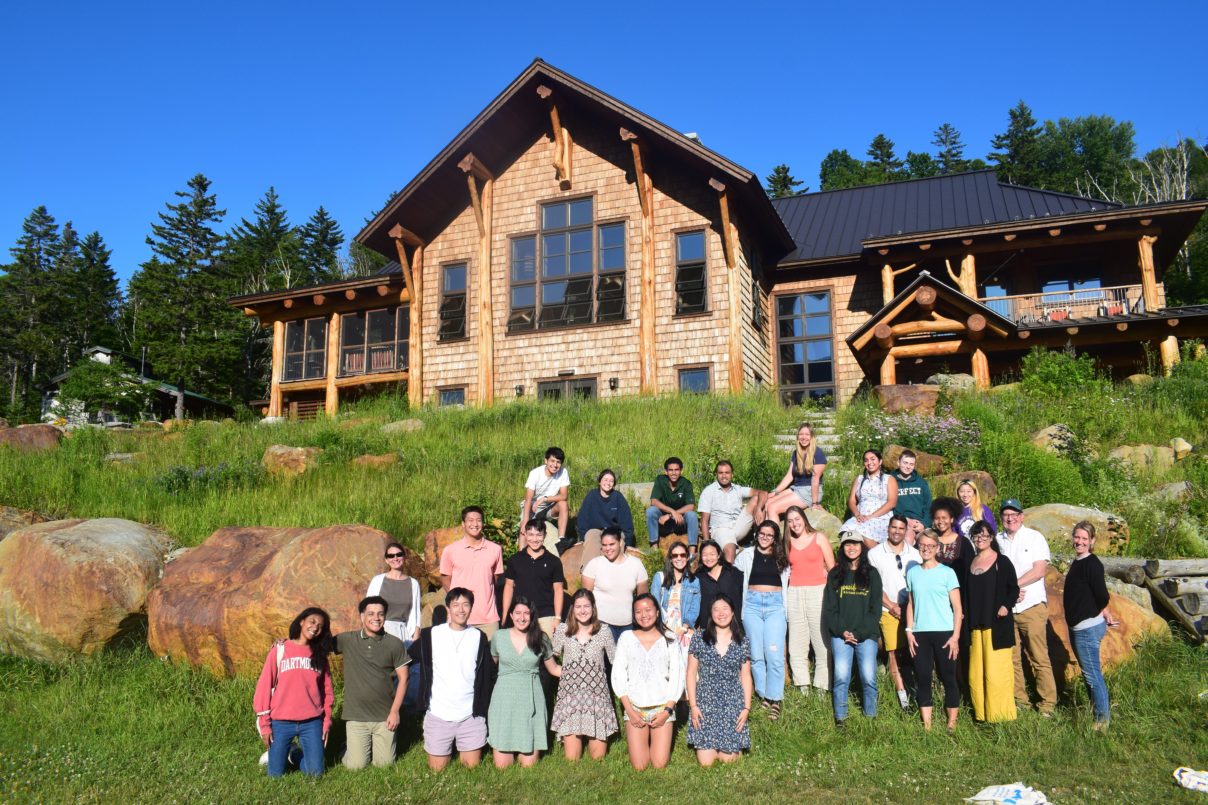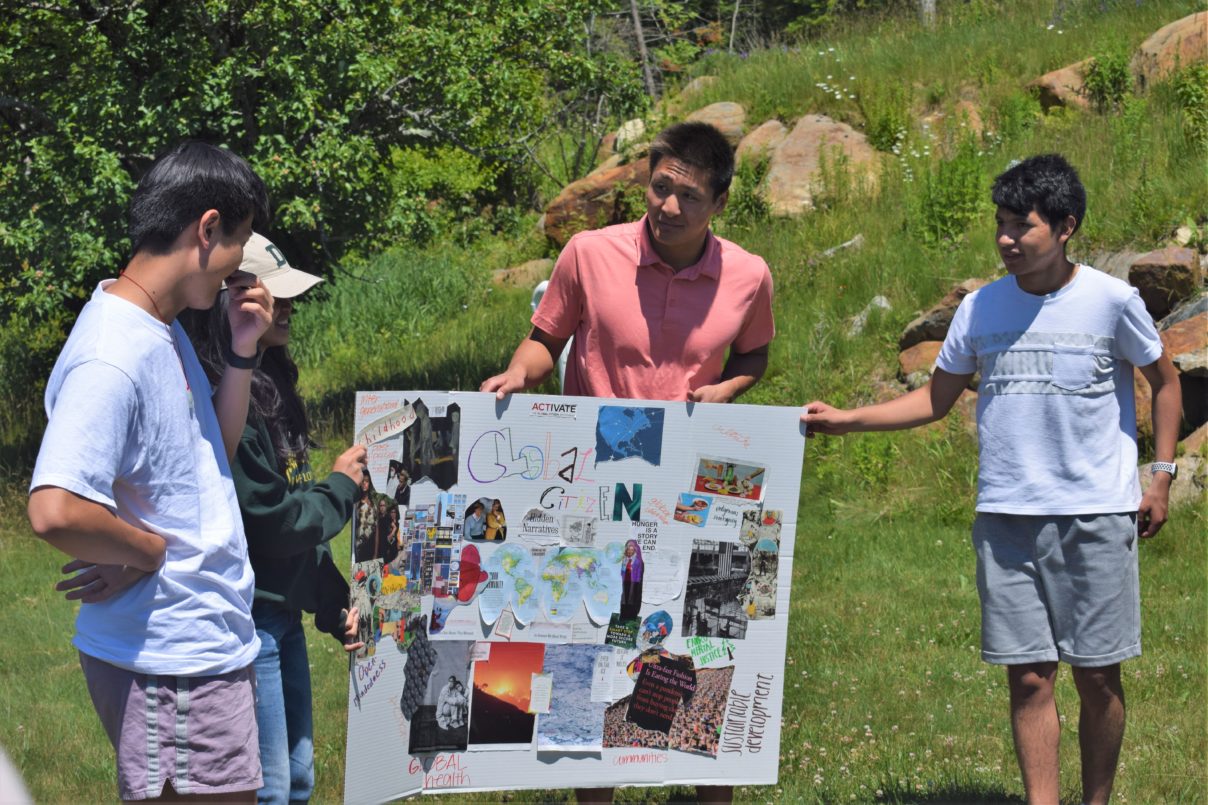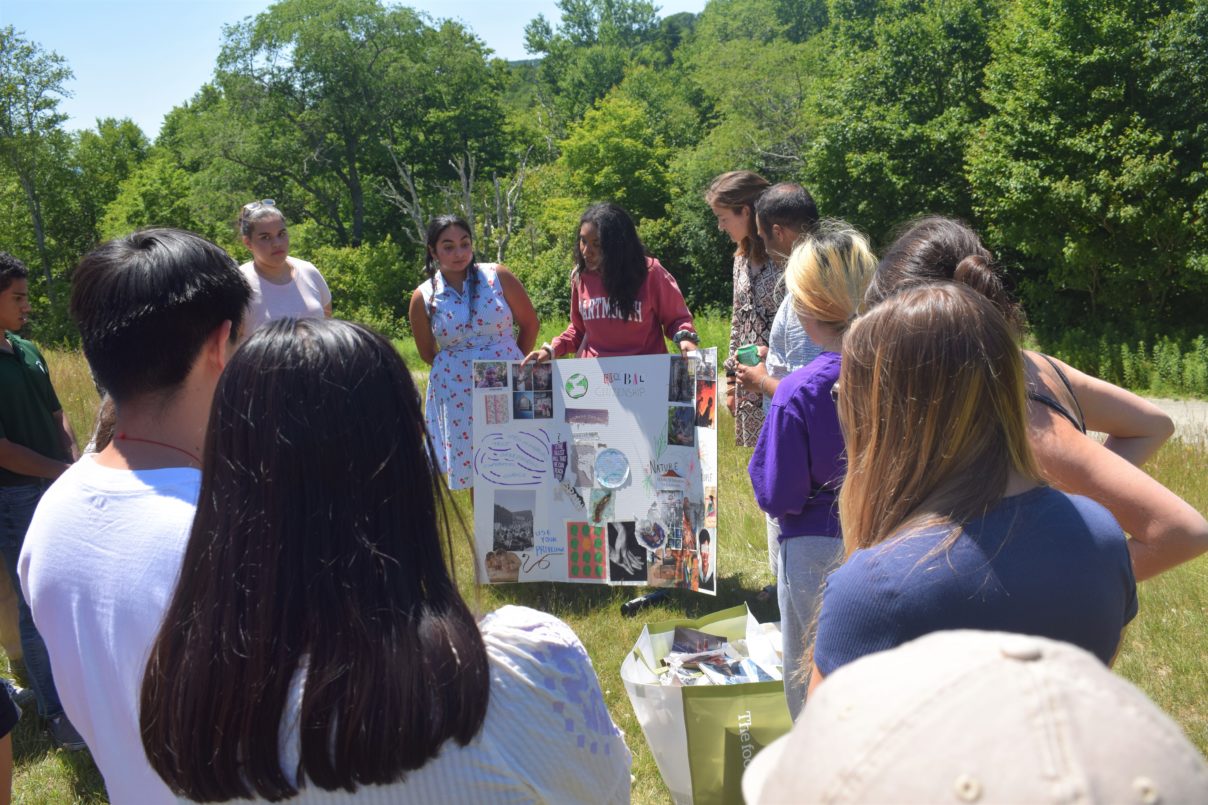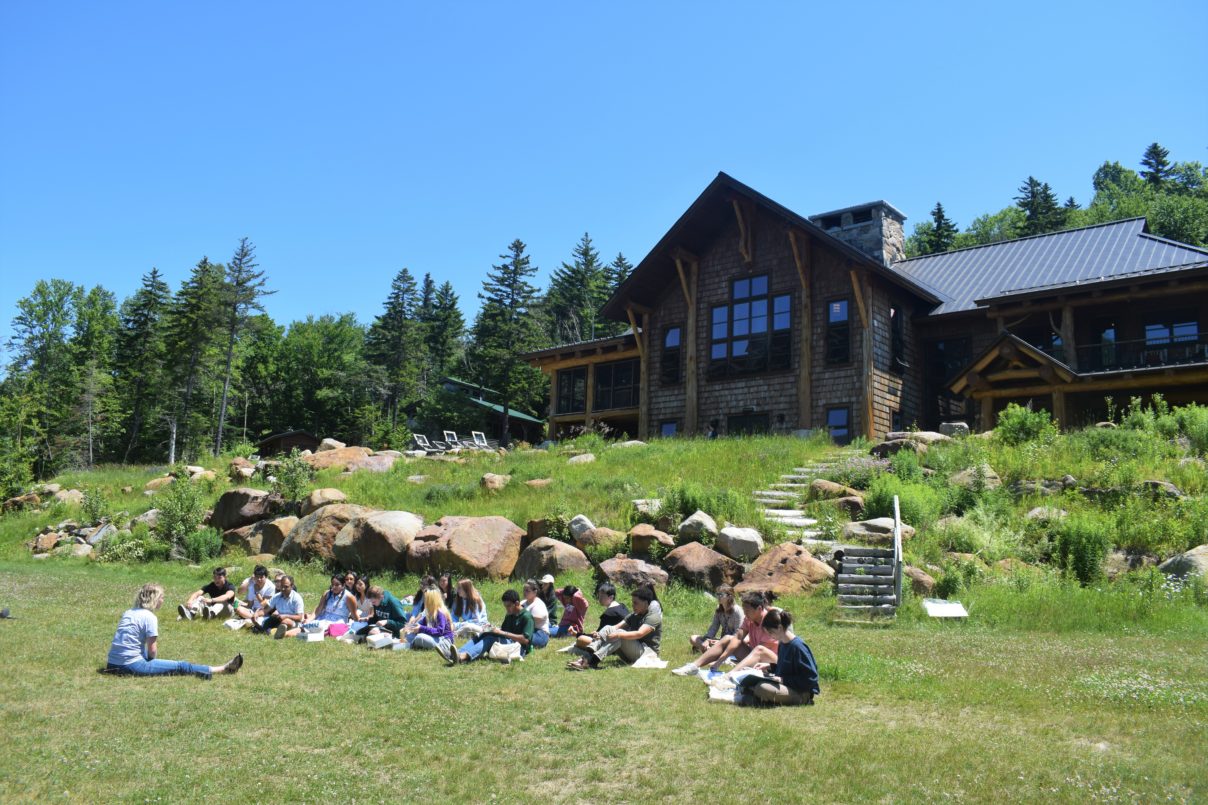Student Blog Post – Matariki Global Citizenship Summit
Written by Dartmouth Student Maria Amador (Class of 2024)
Prior to attending my first Matariki Global Citizenship Summit, my notion of global citizenship seemed larger than I had words for. I struggled to reduce the term to an exact definition, to condense the task of social impact into a ready-made to-do list—and while I know the needs of communities are likewise challenging to encapsulate, I hoped the summit would offer me a nuanced perspective and skill set for approaching impact work that often feels more daunting than feasible. Over the course of a day and a half, I found my purpose within global citizenship clarified and my passion reinvigorated, but not because I discovered the answers to my questions. Instead, I learned I had been asking the wrong questions all along.
Our work began with a peer-group activity where we were tasked with assembling a collage to represent our understanding of global citizenship. We spoke of the responsibility we felt to effect change on a massive scale, across all sorts of communities, for the sake of addressing all sorts of issues, yet the how over this intent remained largely abstract. Upon engaging with our speakers—each of which contributed to a diverse group eager to share their singular expertise—we arrived at a more tangible means for realizing global impact work. From the myriad paths taken and experiences lived by these professionals, we learned there is no one-off formula for change making, nor can it be accomplished individually. They emphasized the importance of community in global citizenship and the fact that every member plays a vital role in attaining shared goals—be they the person leading a meeting or ensuring there is enough (good) coffee to sustain everyone in attendance. About our capacities as students, our speakers reminded us that a proximity to the creation and dissemination of knowledge is a privilege we can wield in the direction of a more equitable world. We are not learners so long as we are enrolled at universities, but as we commit to meeting the world where it is and reacting to it with the collective’s best interest in mind. It was in this setting, among a cohort of dedicated, imaginative peers and leaders that I encountered a new discourse on social-impact—one centering the notion that in the absence of clear cut solutions to global problems, a commitment to innovation is key and can only be sustained if we trust one another’s distinctiveness to motivate us into the future.
